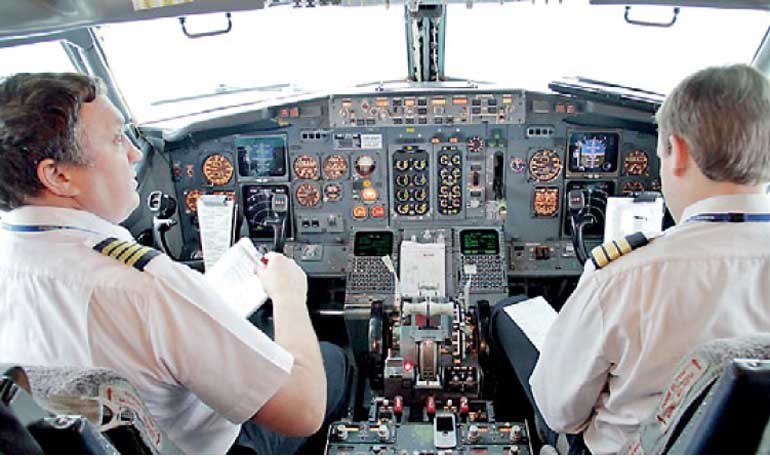Wednesday Feb 25, 2026
Wednesday Feb 25, 2026
Tuesday, 22 September 2015 00:10 - - {{hitsCtrl.values.hits}}
Boeing has forecast that over the next 20 years, the Asia Pacific region will have the greatest demand for commercial airline pilots and maintenance technicians worldwide with approximately 40% of the global need – more than North America, Africa and Europe combined.
The 2015 Boeing Pilot & Technician Outlook, an industry forecast of aviation personnel demand, anticipates 226,000 new commercial airline pilots and 238,000 new technicians in the Asia Pacific region through 2034.

“The demand for 464,000 new pilots and maintenance technicians is a large number, and it translates into challenging, high-tech career opportunities for those who are interested in aerospace,” said Boeing Flight Services Vice President Sherry Carbary. “Boeing invests heavily in inspiring the next generation of pilots and technicians, and we continuously introduce students to our industry.”
Leading the region in projected demand for new pilots and technicians:
China – 100,000 pilots and 106,000 technicians;
Southeast Asia – 57,000 pilots and 60,000 technicians.
Other parts of the region will also continue to see long-term demand in the tens of thousands of pilots and technicians:
South Asia – 40,000 pilots and 37,000 technicians;
Northeast Asia – 17,000 pilots and 22,000 technicians;
Oceania region – 12,000 pilots and 13,000 technicians.
“With tremendous growth in the Asia Pacific region, we are working closely with each of our customers to ensure they have the best-trained crews to operate the world’s best airplanes,” said Boeing Commercial Airplanes Northeast Asia Sales Senior Vice President Ihssane Mounir.
The Boeing Pilot and Technician Outlook is closely tied to projections for new airplane deliveries around the globe.
As with personnel demand, the Asia Pacific region also leads the demand for new commercial airplane deliveries over the next 20 years.
According to Boeing’s 2015 Current Market Outlook, 14,330 new airplanes, worth $ 2.2 trillion will be needed in the Asia Pacific region by 2034.